Front Office Do’s and Dont’s
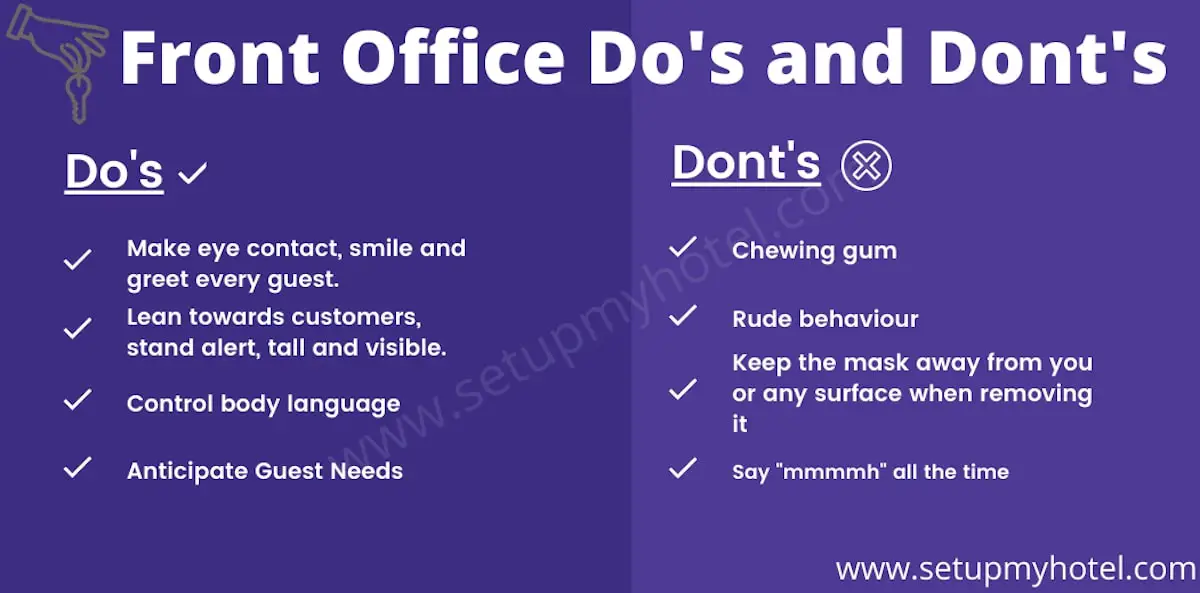
Front Office Staff Do’s & Dont’s When it comes to working at the front office of a business, there are ...
Read more
3 Types Of Front Office Ledger In Hotels
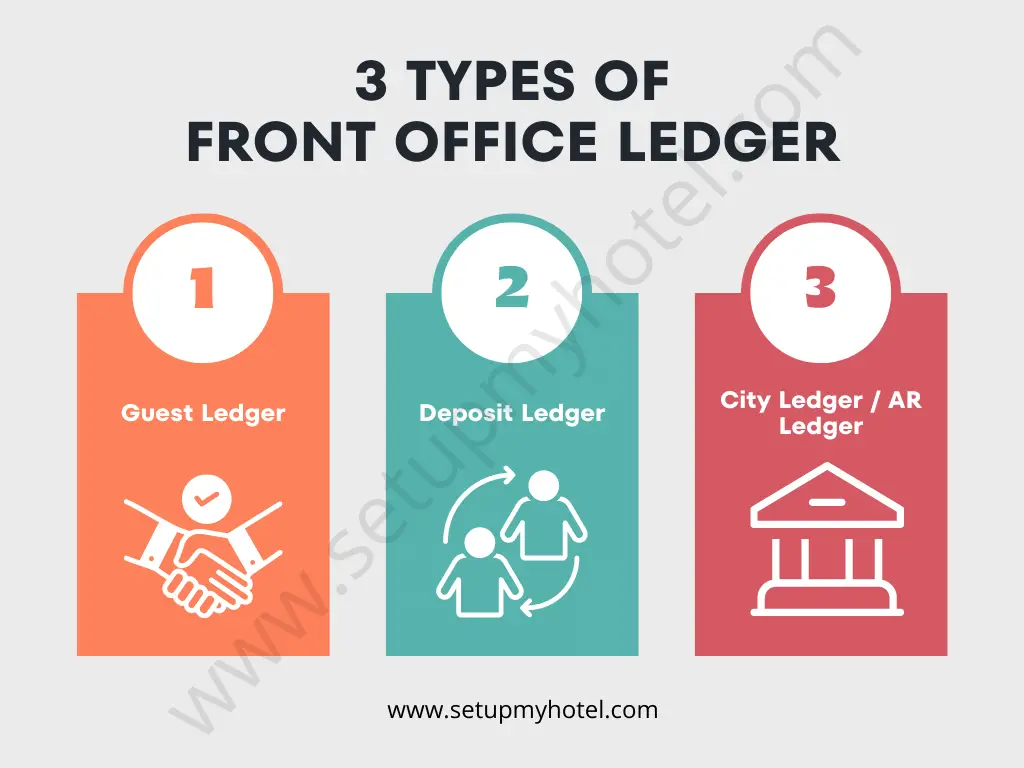
Types Of Front Office Ledger In Hotels Introduction: What is a front office ledger in hotels? The front office ledger ...
Read more
Reservation Scenario – Receive A Call Not Directly Related With Reservation.
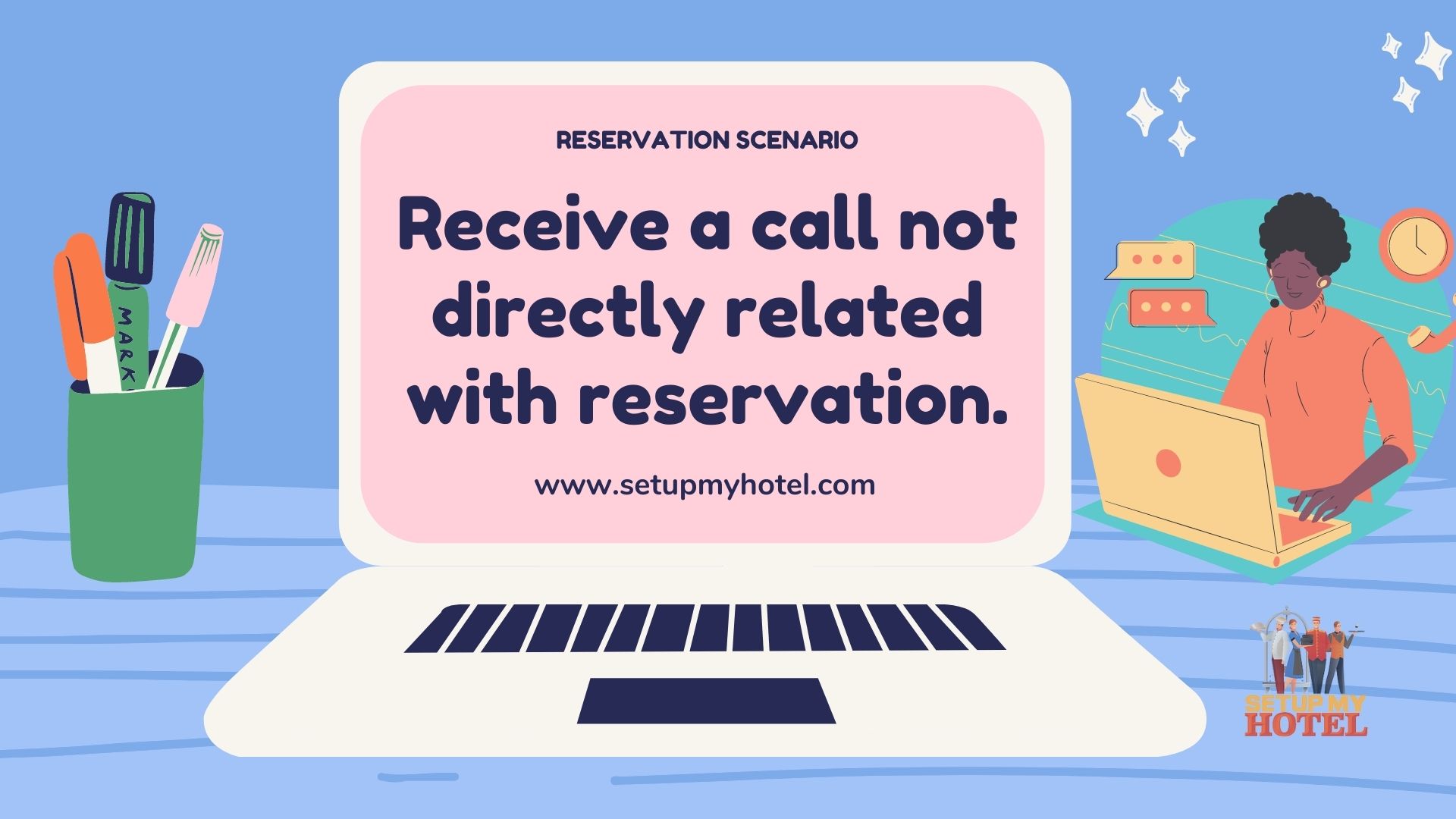
Reservation Scenario/Script: Receive a call not directly related to the reservation. Handling a call that is not directly related to ...
Read more
Reservation Scenario – Handling Enquiry For Critical Dates

Example Reservation Scenario: Reservation enquiry for critical dates Handling inquiries for critical dates in a reservation scenario requires a prompt ...
Read more
21 Basic Indian Masala And Pastes With Ingredients And Method
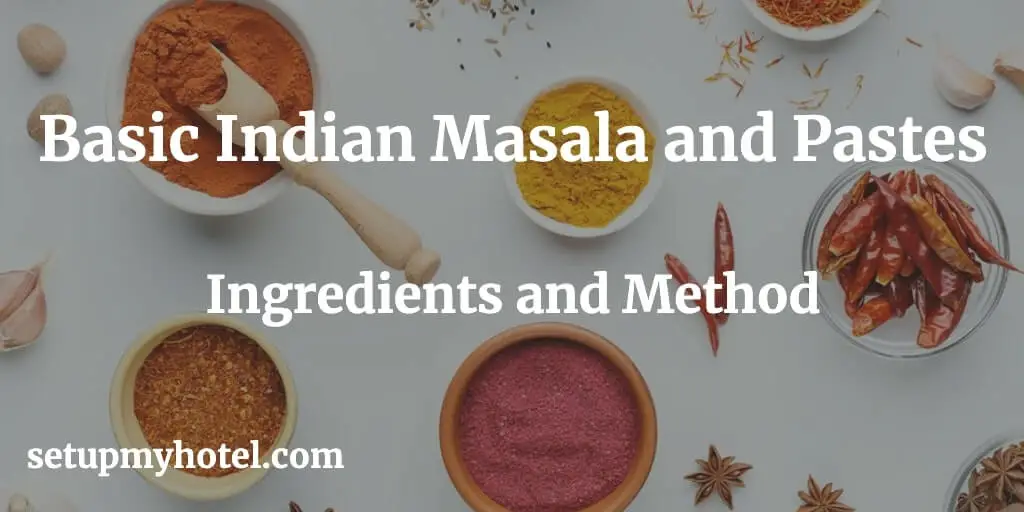
21 Indian Spices and Pastes: Basic Indian Masala List 1. Aamchoori Masala Ingredients for preparing 450 gms of Aamchoori Masala: ...
Read more
Key Baking Terms / Bakery Jargons Used In Hotel Kitchen | Culinary
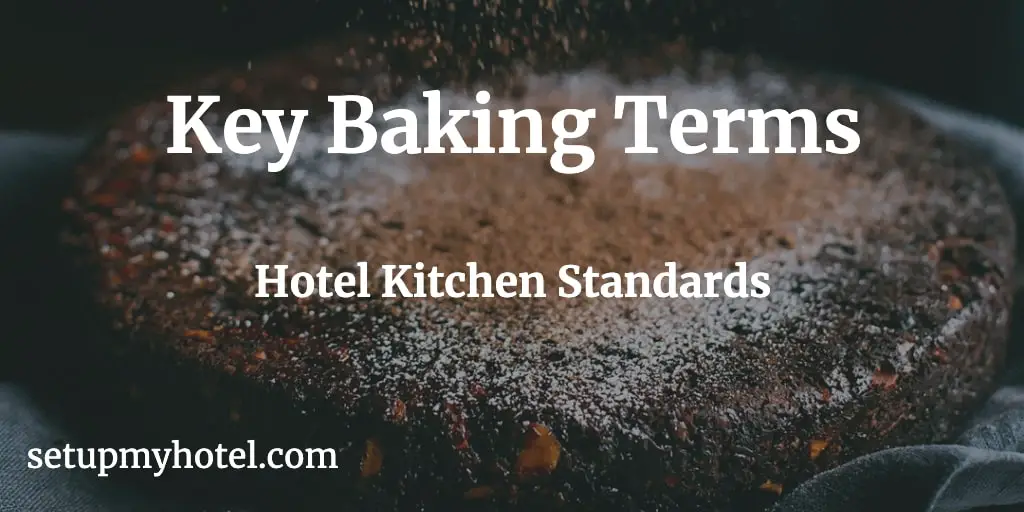
Key Baking Terms Used in the Hotel Industry Albumen: The principal protein found in egg whites. Au gratin (oh-grah-tan): Foods with a ...
Read more
39 Hygiene Rules And Regulations For Kitchen Staff / Chefs
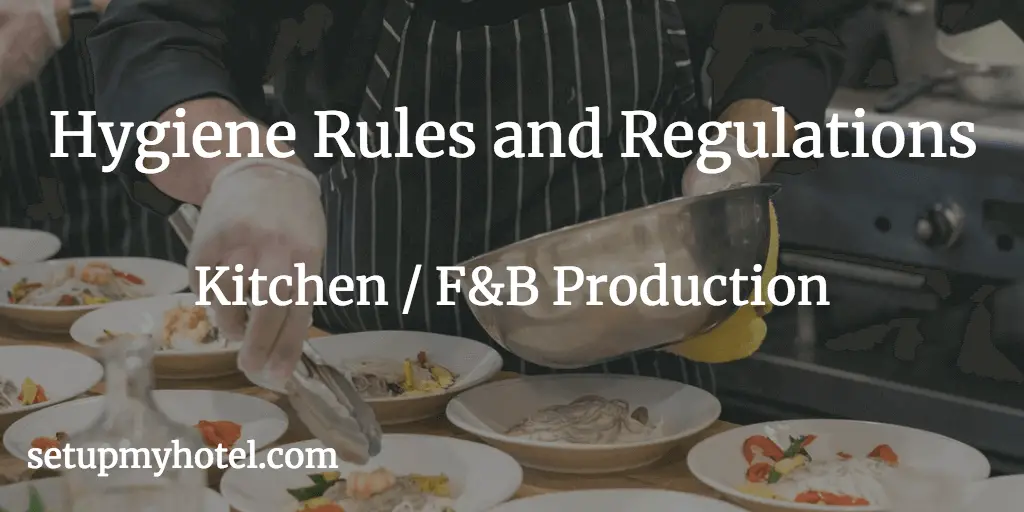
Hygiene Rules for Hotel Kitchen and Food Production Staff Maintaining proper hygiene in a kitchen is essential for the safety ...
Read more
5 Types Of Raising Agent / Leavening Agent Used In Hotel Kitchen | Bakery
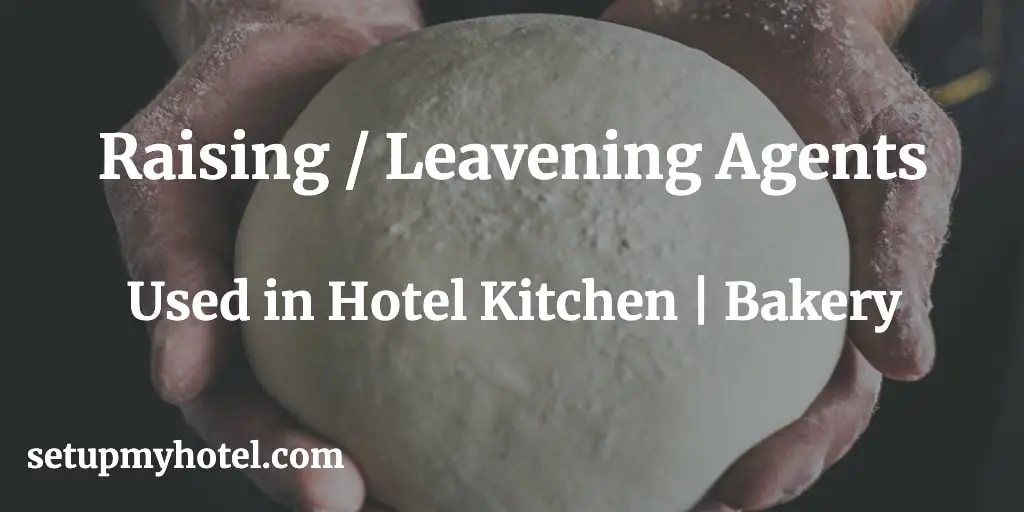
Different Raising / Leavening Agent Used in The Hotel Kitchen | Bakery There are several types of raising agents or ...
Read more
Top Factors That Affect How Quickly Foods Will Cool Down

Methods and Factors that help in cooling down foods quickly Foods that are too hot can be dangerous to eat. To ...
Read more










